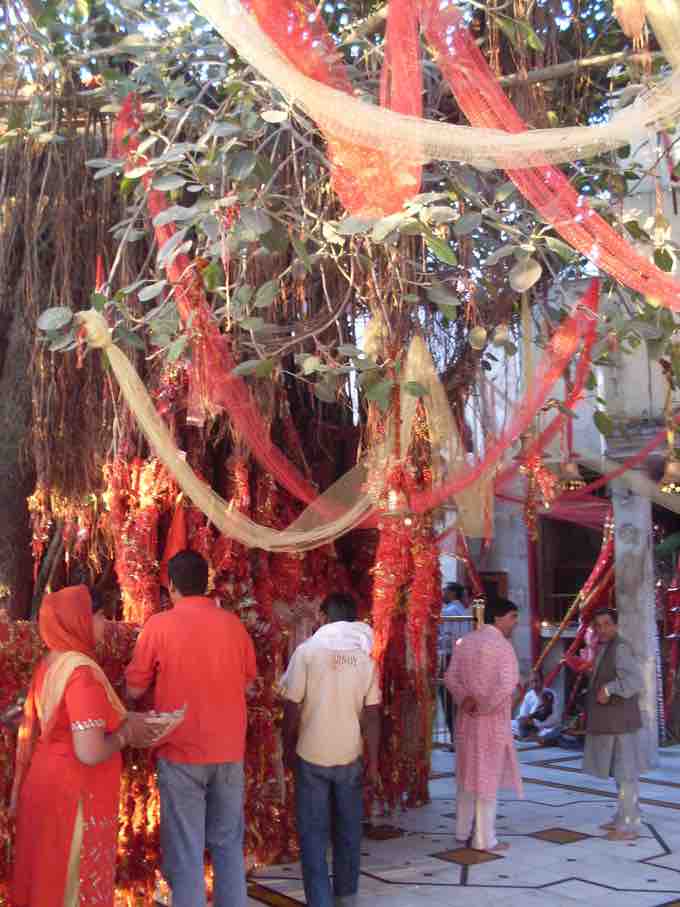Rituals
A ritual is a set of actions performed mainly for their symbolic value. It may be prescribed by the traditions of a community, including by a religious community. The term usually refers to actions which are stylized, and usually excludes actions which are arbitrarily chosen by the performers. The purposes of rituals are varied. Rituals can fulfill religious obligations or ideals, satisfy spiritual or emotional needs of the practitioners, strengthen of social bonds, provide social and moral education, demonstrate of respect or submission, allow one to state one's affiliation, obtain social acceptance or approval for some event—or rituals are sometimes performed just for the pleasure of the ritual itself.
Rituals of various kinds are a feature of almost all known human societies, past or present. They include not only the various worship rites and sacraments of organized religions and cults, but also the rites of passage of certain societies, atonement and purification rites, oaths of allegiance, dedication ceremonies, coronations and presidential inaugurations, marriages and funerals, school "rush" traditions and graduations, club meetings, sports events, Halloween parties, veterans parades, Christmas shopping and more.
In religion, a ritual can comprise the prescribed outward forms of observation within a religion or religious denomination. Although ritual is often used in conjunction with worship performed in a church, the actual relationship between any religion's doctrine and its ritual(s) can vary considerably from organized religion to non-institutionalized spirituality.
Social Uses of Ritual
The social function of rituals has often been exploited for political ends. Alongside the personal dimensions of worship and reverence, rituals can have social functions that express, fix and reinforce the shared values and beliefs of a society. Rituals can help create a firm sense of group identity. Humans have used rituals to create social bonds and even to nourish interpersonal relationships. For example, nearly all fraternities and sororities have rituals incorporated into their structure, from elaborate and sometimes secret initiation rites, to the formalized structures used to convene a meeting. Thus, numerous aspects of ritual and ritualistic proceedings are ingrained into the workings of those societies.
Ritual actions are not only characteristic of human cultures; animal rituals exist as well. Many animal species use ritualized actions to court or to greet each other, or to fight. At least some ritualized actions have very strong selective purpose in animals. For example, ritualized fights often help avoid or limit strong physical violence between conflicting animals.

Devotees tie red crimson threads on making a wish fulfilled.
The temple dedicated to Mata Chintpurni Devi is located in District Una of Himachal Pradesh.